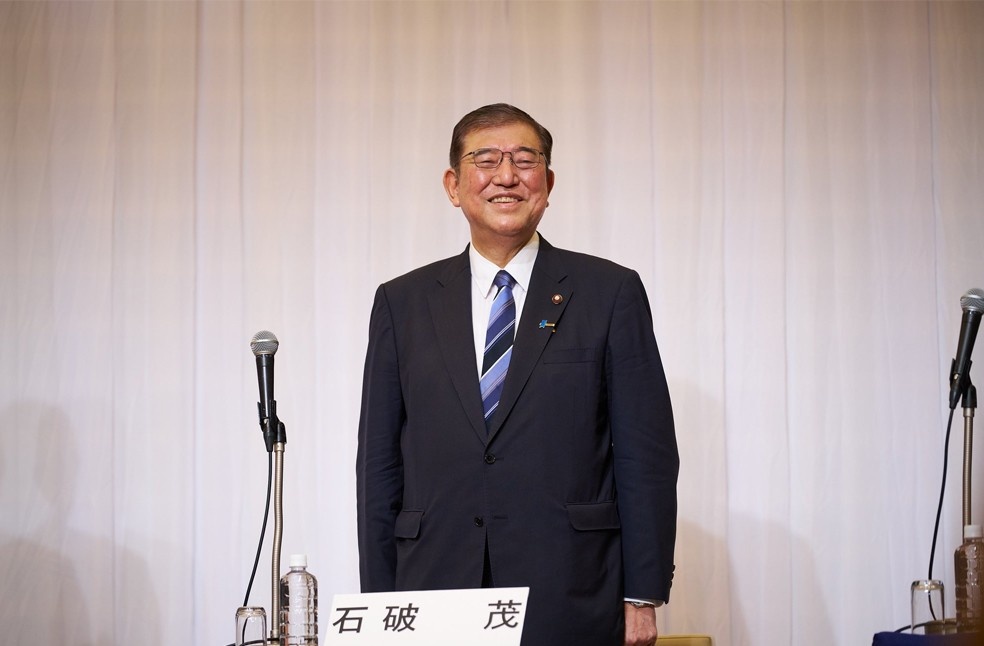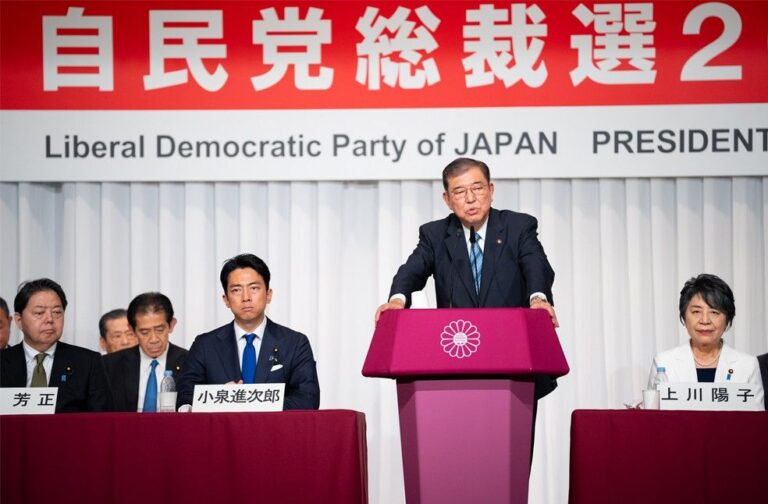Tokyo: Shigeru Ishiba, the former defense minister, has emerged victorious in the tight leadership contest of Japan’s ruling Liberal Democratic Party (LDP), defeating Economic Security Minister Sanae Takaichi. The final vote tally was 215 to 194 after a run-off, as no candidate secured a majority in the initial round.
Ishiba has made five attempts to clinch the top position, making his win particularly significant. Takaichi would have made history as Japan’s first female prime minister had she prevailed in the race.
The leadership change comes as Prime Minister Fumio Kishida announced his resignation amid a series of corruption scandals within the LDP. With the party holding a majority in parliament, Ishiba is certain to be formally elected as the 65th prime minister on October 1.

In brief remarks made to lawmakers before the decisive run-off, Shigeru Ishiba emphasized his vision for a ‘fairer and kinder’ Japan. As the final vote results were announced, showing his victory, Ishiba was visibly emotional, with tears welling up in his eyes, reflecting the significance of the moment after several previous attempts at securing the top role.
What to expect?
Ishiba’s campaign emphasized security concerns, advocating for enhanced oversight of U.S. military bases in Japan and proposing the formation of an ‘Asian NATO’. He has also expressed intentions to address economic issues and rural depopulation. His popularity with the public, along with calls for a fairer and kinder Japan, positions him as a hopeful leader amidst ongoing regional and domestic challenges.
The LDP has governed Japan almost uninterrupted for decades, with the main opposition parties rarely seen as viable alternatives.
Japan’s new prime minister must face down regional security threats, from an increasingly assertive China and its deepening defence ties with Russia to North Korea’s banned missile tests.



